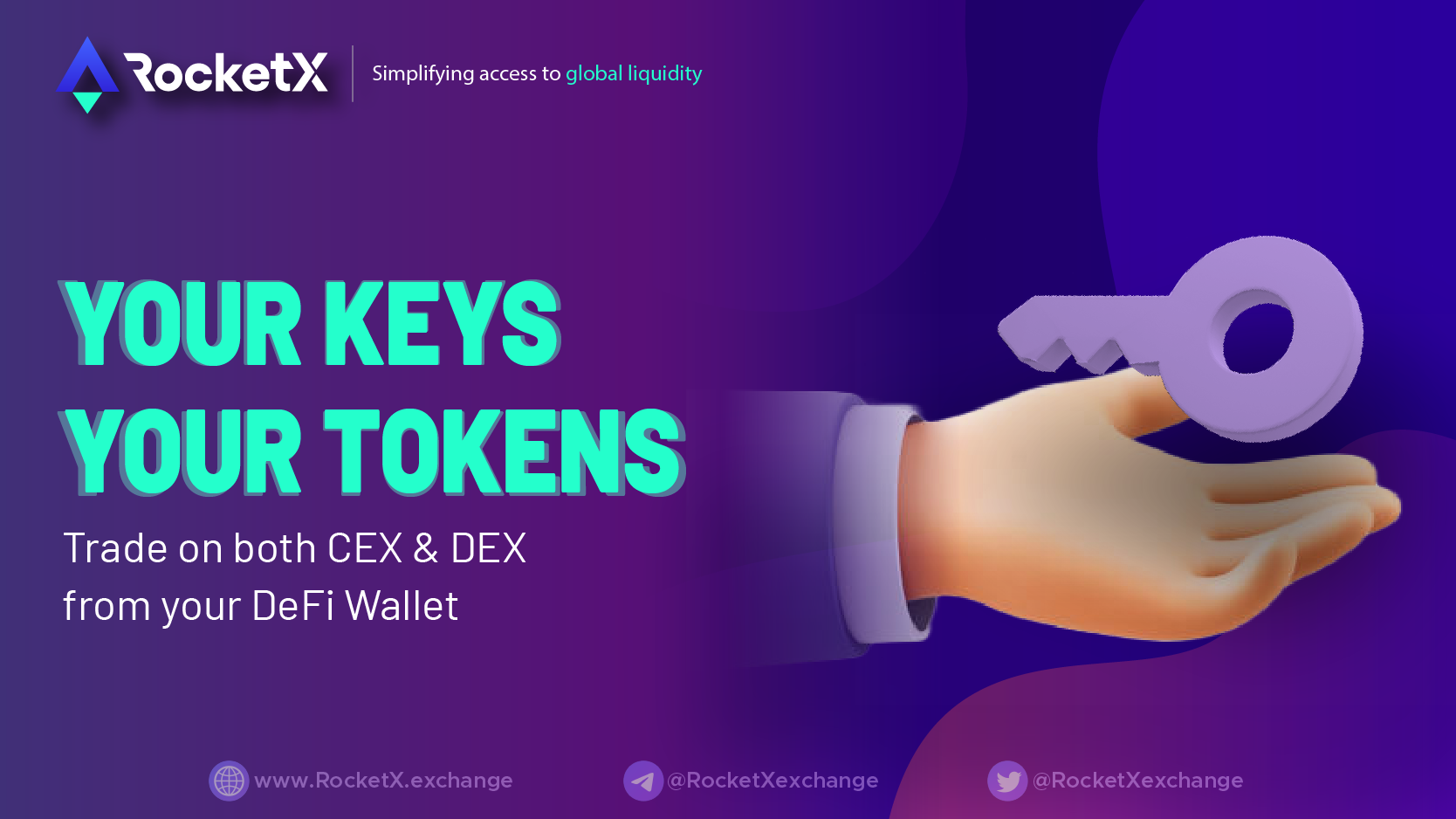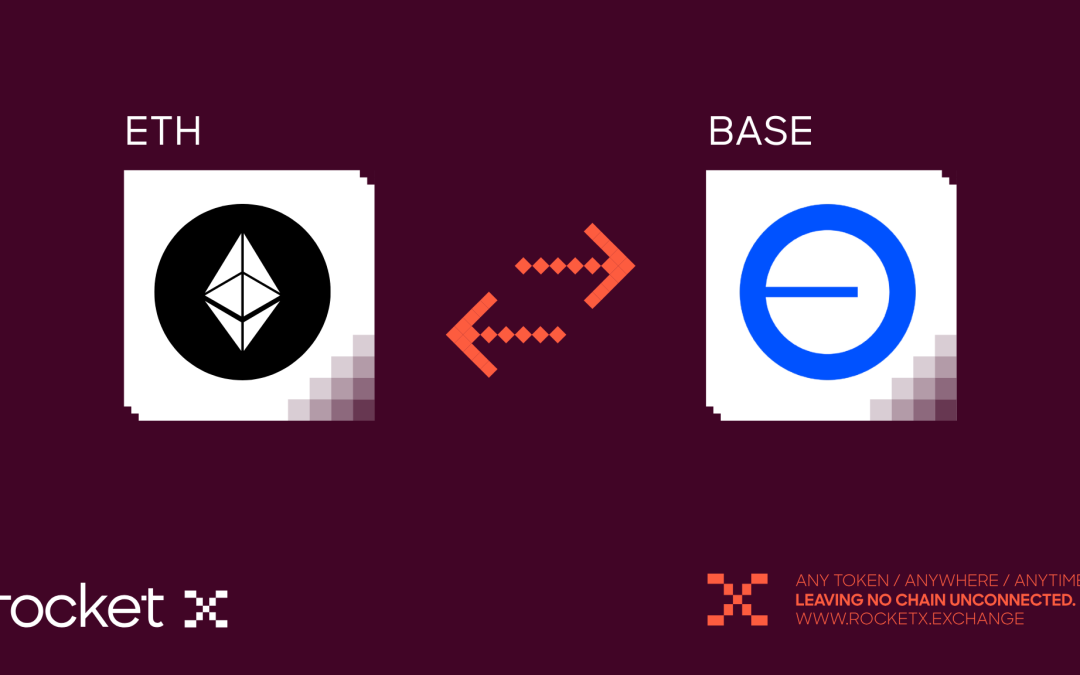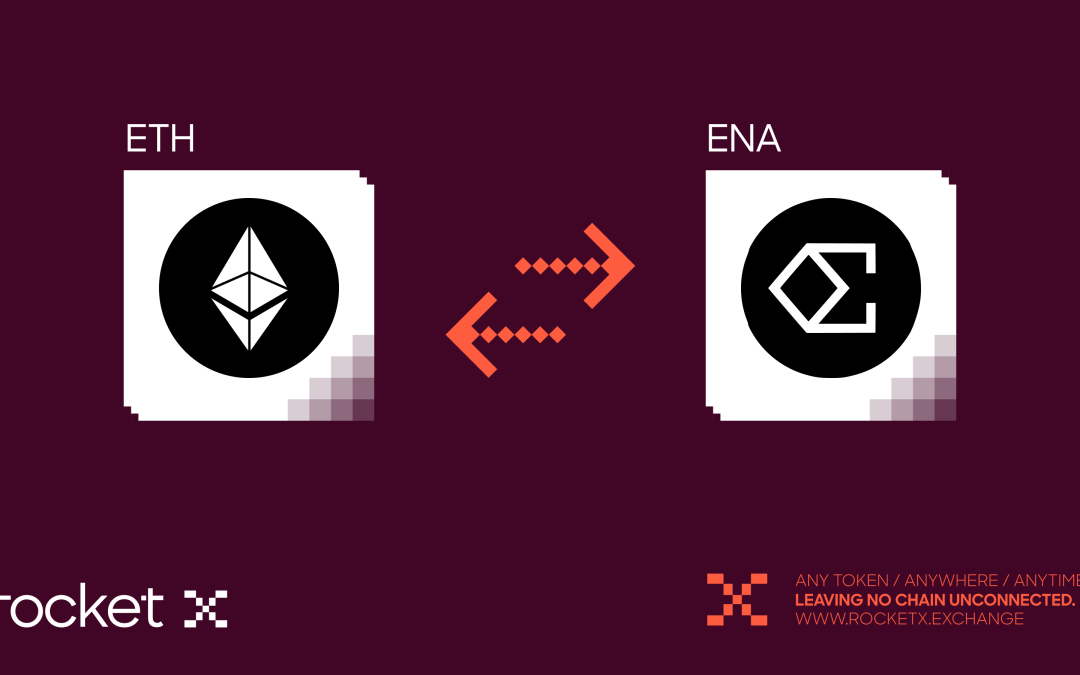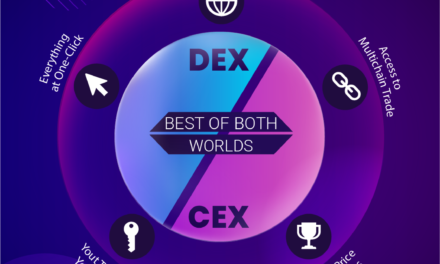FTX has taken a toll on investors playing with their hard-earned cryptocurrencies. How can you rely on CEX to keep your tokens in third-party custody?
At RocketX, we always want our users to be the complete owners of their funds by providing 100% asset ownership and transparency. The aim is to save their valuable tokens with full access. Check why crypto savvy’s demanding self-custody of tokens.
The FTX debacle left investors destitute. Consequently, the attitude surrounding the cryptocurrency market has become plainly sour, with investors withdrawing and converting their tokens to fiat.
FTX, the world’s second-largest cryptocurrency exchange, was deemed watertight. The sudden collapse put investors in peril. The prominent crypto CEX failed to survive the bank run, leaving investors and employees in trouble.
Nov 6th to 14th were remarked as dark days in FTX history. The Exchange has suspended customer withdrawals, filed chapter 11 bankruptcy, and is estimated to have an $8 billion to $10 billion shortfall in consumer funds. Finally revealed what seems to be misconduct by the Alameda/FTX.
The incident destroyed the industry reputation that has been solid for many years and increased the danger of credit contagion, compelling the crypto industry to transfer the tokens to self-custody. Moreover, there is a renewed emphasis on the exchange Proof-of-Reserves.
The critical admonishment to Move into DeFi
The failure of centralized projects such as Celsius Network, Voyage Digital, 3AC, and now Bankman-Fried’s FTX CEX Empire warns crypto aficionados to move into DeFi because non of these platforms provide complete ownership of assets or transparency to customers.
The scenario forced the industry to understand the necessity of decentralization and clarity in crypto. The aforementioned collapsed brands replicate centralized institutions in the crypto industry. Now, the irony is these tragic disappointments drove the industry to prefer the decentralized projects that provide complete asset ownership to the token holders.
The advantages of transparency, censorship resistance, permissionless and self-sovereign asset custody—are upheld by DeFi platforms. Hence, these platforms have been operating without a hitch, allowing customers to liquidate their cryptocurrency holdings or invest and manage their tokens with total control.
Crypto turns to self-custody
Every failure offers a new lesson; that’s how the crypto industry is molded. The letdown of FTX is an aha lesson for investors to shift their valuable tokens out of exchanges and self-custody wallets. According to reports, Bitcoin balances in centralized crypto exchanges plunged dramatically.

Industry leaders warned self custody amidst FTX chaos. According to RocketX co-founder:
“It is advisable to switch to non-custodial wallets where you can ensure that your tokens are safe rather than discovering that you have no more Bitcoins left in your custodial wallets. You cannot always rely on CEX to keep your digital assets; the FTX incident shows how CEX can own and control your tokens”.
The situation has resulted in a substantial increase in the user count of brands like RocketX. Users are now able to trade on all major CEX and DEX exchanges while maintaining full ownership of their digital assets, thanks to RocketX’s invention, which has emerged as a boon to crypto fanatics.
The uncertainty prevailing in the crypto community urged investors to protect their tokens to prevent fraud and third-party ownership. Investors of Behemoths like Bitcoin panicked and moved their BTC to self-custody wallets. Reports indicate a surge in BTC balance in the non-custodial wallets.
Self-custody wallets have emerged as a human right in crypto now. It offers the token owners control of their private keys. The custodial wallet’s user-friendliness is no longer a factor in crypto investors’ decisions to use them to store their millions or billions of dollar worth of BTC and ETH. The FTX catastrophe, followed by a series of centralized project failures, has taught them to safeguard their VDA in self-custody.
The focus of the crypto industry as a whole turned to projects like RocketX, a hybrid aggregator that simplifies access to liquidity across 250+ CEX & DEX via the most secure UI and APIs.
The brand moved ahead of the scenario by facilitating complete ownership of digital assets welcoming crypto traders and investors to experience the privilege of decentralization.
Finally, it’s crucial for investors to take some lessons from the FTX collapse.
Your Keys Your Tokens
The most crucial lesson from FTX is to store your assets in your own wallet rather than relying on an exchange to hold them for you.
Just HODL, as they say. In cold storage.
Nothing is too big to fail
FTX, the fourth-largest cryptocurrency exchange, wasn’t immune to the collapse. FTX appeared impregnable. No one is too large to fail, as seen by this. And in scenarios like these, if the custody of your tokens is with the exchange, you might never get them back, regardless of how large the exchange is!

How to Bridge and Swap ETH to Base with RocketX
Introduction The rise of Ethereum Layer 2 solutions has revolutionized blockchain...

Ethena Finance Explained: The Future of Synthetic Stablecoins in Crypto
IntroductionAs the demand for decentralized, scalable, and yield-generating stable assets rises...







